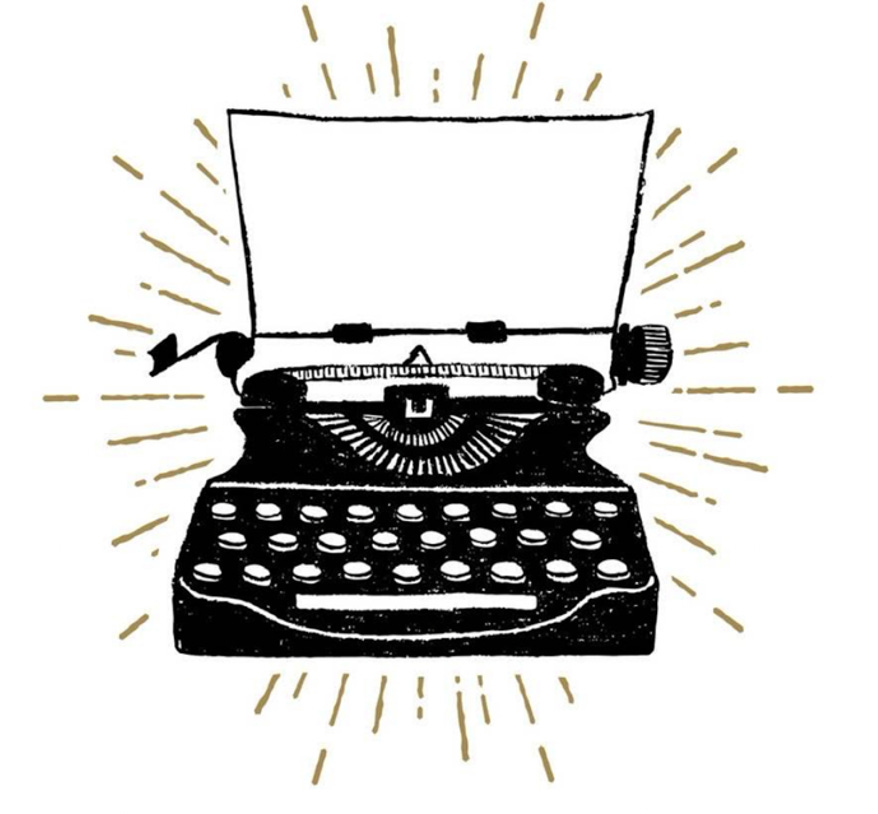“Inspiration is for amateurs. The rest of us just show up and get to work.”
This pronouncement by painter Chuck Close has become my mantra, my taskmaster, my admonishment to not be so precious about my writing. To not only write when I’m “in the mood.” To not wait for a brilliant (or at least clever) idea to miraculously appear.
Close didn’t get to be precious. In addition to suffering from face blindness, a learning disability, and early loss, he had an aneurysm in the prime of his life that left him without use of his arms or legs—and yet he still found a way to paint the massive portraits he was best known for. To him, not showing up every day would have meant giving up.
I admired Close and his attitude so much. But I have to admit it’s sometimes hard for me to move forward with my writing when I’m not in the “right” frame of mind, especially because that’s when I most dread it won’t live up to my expectations.
Creativity is magical, it’s fickle, and it’s often elusive. Why was I on fire with my writing yesterday and at a loss for where to go with it today? Why were you? Who knows?
Maybe the real question is, why would we expect to be at peak creativity two days in a row, never mind for multiple years or even decades?
I think that, despite knowing better, a lot of us have bought into what I call the Thunderbolt Theory of Creativity. We’re convinced that a “true” or “natural” artist/writer gets struck over and over again by a thunderbolt of creative inspiration, and that’s how and when they make their magic. And only then.
It’s such a romantic, spiritual, mystical notion. How wonderful it would be to simply lie in a field of fresh-mown grass, watching the cumulus clouds float by, pondering the universe, when…ZAP!...a bolt of inspiration (not actual lightning, of course!) strikes you. Suddenly, the concept for your next novel is presented to you in full, plot points defined, characters finely drawn.
How did we come to believe this is how the creative process should always work?
I know where I got the idea. I’ve loved reading books and watching movies about writers and artists since I was a teenager: Sylvia Plath turning out poem after poem after brilliant poem for the collection Ariel in a frenzied burst of creative expression (further propelled by her red-hot rage at her ex’s betrayal). Paul McCartney waking up one morning with the simple, haunting melody for “Yesterday” fully formed in his mind. Jackson Pollock, as portrayed by Ed Harris in the film Pollock, filling an entire wall-sized canvas for patron Peggy Guggenheim’s townhouse lobby wall, seemingly driven by an invisible force of unstoppable energy.
And here are we, in our sweatpants and slippers, just trying to fit in a half hour of writing before our morning commute or between loads of laundry. No one’s making any movies about us!
Thank God for that. I don’t know about you, but my writing process is definitely not cinematic.
It involves a lot of fits and starts, blank spaces where words should be, deletions where words once were. “Darlings” viciously killed off. Pages and pages of rubbish that must be dispensed with. Sentences that seemed so lovely in the cover of night just to be revealed as mediocre in the unforgiving light of day.
And yet, every now and then, I—and I bet many of you—have been struck by the coveted thunderbolt, and it makes the frustrations and disappointments worth it. But—and here’s the catch—we can’t summon the thunderbolt, we shouldn’t wait around for it, and we can’t expect it will strike us as often or as forcefully as it does creative geniuses.
We need to do our work, and if or when the thunderbolt strikes, be grateful to be its chosen target.
What’s your approach to the inspiration/perspiration dilemma? Do you find yourself waiting to write until inspiration arrives, or do you just plough ahead? Or both? Please let us know in the Comments section below. And thank you, as always, for being part of this vibrant community of writers.







From Randall Jarrell’s article on Wallace Stevens: “A good poet is someone who manages, in a lifetime of standing out in thunderstorms, to be struck by lightning five or six times; a dozen or two dozen times and he is great.”
So I guess the question might be: How do we increase the odds of being struck by inspirational lightning? Probably just about everything has been tried: drugs, drink, hypnosis, meditation, analysis, etc. But if those things were consistently effective, we’d probably know it by now. “I don't know where my songs come from,” Bob Dylan once said. “It's like a ghost is writing a song.”
Inspiration occurs in almost all aspects of life. Probably all we can do is be ready for it and take advantage when it strikes (it may dissipate by the weekend): Archimedes in his bathtub, Newton beneath his apple tree. Donovan Mitchell scored 71 points last week for the Cleveland Cavaliers, an example of athletic inspiration. He hadn’t been shooting particularly well in recent games, but when inspiration hit he was ready, in shape and in charge.
I’m noticing lately that when I sit down to write my state of mind is important. Meditation, reading novels (as opposed to all forms of news and non-fiction), and, lately, doing jigsaw puzzles, all do a great job of clearing out my head. I’ve been experimenting with how much time I need to spend on any of these activities before I connect to my creative flow, and I don’t have any answers yet, but I’m giving myself permission to pursue them. They’re definitely more conducive to my creativity than social media, watching tv, or other mind-numbing activities.